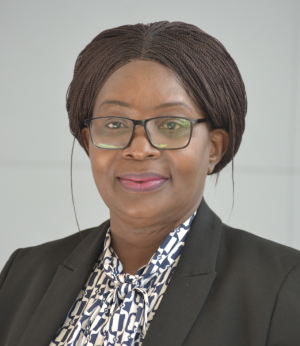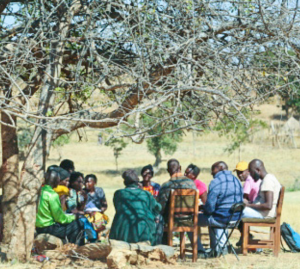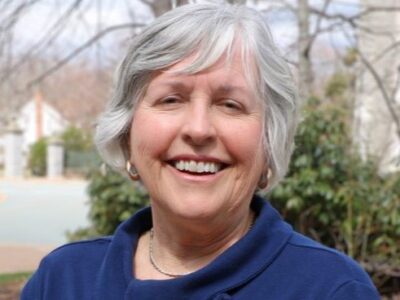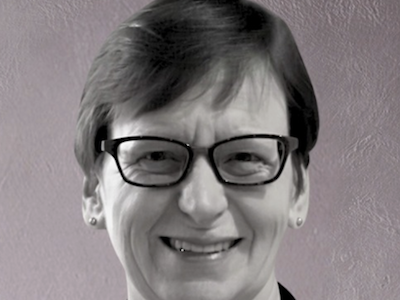 By Engwase (Banda) Mwale, an independent consultant in gender, leadership and organisational development. Her LeadingChange Consultants is based in Lusaka, Zambia.
By Engwase (Banda) Mwale, an independent consultant in gender, leadership and organisational development. Her LeadingChange Consultants is based in Lusaka, Zambia.
As a sector and field of research, philanthropy is relatively new in Zambia, despite the practice being entrenched in the country’s way of living. Zambians have a culture of giving to their families, church programs, community activities and other causes. In addition, there’s a growing recognition across the corporate sector that social investments make good business sense.
For many years, mobilising community involvement has relied on the passion and self-commitment of different community stakeholders, with no compensation for their time, skill and knowledge sharing. Gradually, however, civil society organisations have emerged and now promote a philanthropic approach to local development by encouraging communities to locate and leverage their resources.
What is “Philanthropy” in Zambia?

A 2019 study found that people will give to what they know and can connect with. It concluded that local philanthropy has a better chance of success.
As defined by Lucy Muyoueta, a founding member of the Zambian Governance Foundation for Civil Society (ZGF), philanthropy is the ‘giving of finances, skills, time, in-kind materials and local productive resources, such as land, water and raw materials, to support a noble undertaking or giving for a good cause.’ It can be a catalyst for social change at a community level, including steps to build local trust and ownership.
The benefits of such philanthropy can’t be completely understood without considering its social implications, including gender analysis. The different roles, responsibilities, motivations and decision-making power of women and men are critical. A Capacity and Vulnerability Assessment Framework that is used recognizes these implications and can help communities take the lead in their own development.
The Benefits of Philanthropy in Zambia
As its Strategy states, ZGF champions the growth and scope of philanthropic giving in Zambia. This creates an opening for the country to engage in and foster a philanthropy discourse by building the capacity of local community voices to inform and positively influence policy reforms and practice. This opening can strengthen the field of philanthropy starting from informal community-oriented giving and cascading into more institutionalized and formalized giving at the country level. The fact that ZGF is one of the civil society organisations (CSOs) promoting community philanthropy is emblematic of the role these organisations can play in the governance of a country by providing alternative thinking and acting as true partners with government to meet community needs.
In addition, philanthropic research and advocacy can provide insights on the various practices and motivations of giving and on the innovations that can drive positive change in the livelihoods of all. For example, a 2019 ZGF study found that people will give to what they know and can connect with. It concluded that local philanthropy has a better chance of success if the entities involved are seen as having credibility with the issues they work on, and if the causes are ones to which people can relate.
Four Actions to Promote Philanthropy in Zambia:
- Academic and research institutions can work with the Zambia Statistics Agency to gather and provide more evidence on how communities can identify, unlock and utilize local resources for their own development.
- ZGF and other CSOs can support diversity and inclusion in philanthropy programs by working with local authorities, the private sector and local development committees to spread sensitivity and raise awareness.
- ZGF and other CSOs can map policy and legal frameworks and advocate for appropriate policy and law formulation to accelerate philanthropic approaches at all levels.
- Zambia’s Private Sector Development Association can devise a mechanism to tap their members’ corporate social investments in order to contribute the resources needed for sustained local development.
Engwase Mwale is on LinkedIn. She was the Executive Director of the Non-governmental Gender Organisations’ Coordinating Council (NGOCC) for 17 years, leading the coordination of more than 100 organisations in Zambia in promoting women’s empowerment and gender equity at community, national and international levels.
Read about philanthropy in Egypt.
Sunday, April 21, 2024 in Africa Philanthropy Series, For homepage, News & Events
Share: Twitter, Facebook



